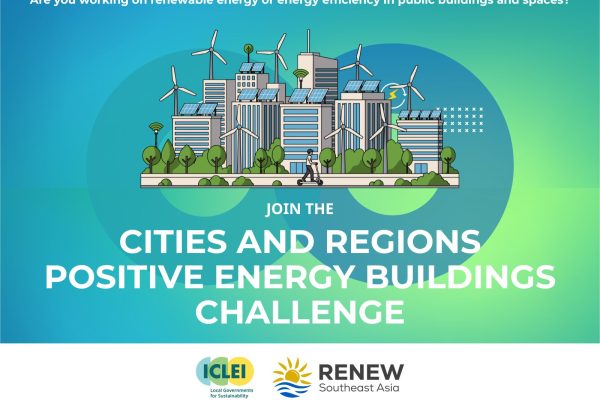Environment Europe is now accepting enrollees to the Oxford Summer School in Ecological Economics which takes place at St. Hilda’s College, Oxford, from August 19-25, 2018.
The School will address key elements of the new economy transformation, exploring the cutting edge methods and policy applications in ecological economics. With a clear sustainable development focus, it will draw on the expertise of a range of disciplines: economics, ecology, physics, environmental sciences, sociology, psychology, complex systems theory, etc. to address the current challenges: climate change, biodiversity loss, resource depletion, water shortages, social cohesion and achieving sustainability. The course will be composed of a theoretical and applied module and will address three key elements of the new economy transformation: an industrial ecology approach, multiple criteria methods for decision making and new tools for measuring progress.
The course is designed for multiple points of entry and could be helpful for PhD students, government experts, representatives of international organizations and business. The course will give participants an opportunity to explore key methodologies for ecological-economic analysis and to apply these to various case studies. Oxford Summer and Winter Schools in Ecological Economics organized by Environment Europe attracted participants from 52 countries, including Canada, USA, Mexico, Ecuador, Costa Rica, Brazil, Colombia, Peru, UK, France, Germany, Austria, Spain, Italy, Portugal, Belgium, Czech Republic, Denmark, Bosnia, Latvia, Ghana, Nigeria, China, India, Taiwan, and Australia (please see the map).
The course is taught by the leading ecological economists, environmental policy and sustainable urban development experts in Europe.
The requirements for the School are the following:
1. After you have successfully registered for the Spring School, you will receive access to the required readings. You will also receive access to over 100 seminal papers in ecological economics, which will provide a useful background reading in sustainability.
2. Each participant will have to prepare a presentation about his or her background (brief) and project (in more detail) so that all the course participants could get acquainted with you and your work better. The presentation should take 15 min and will be given on the first day of the course.
3. Each participant will be required to develop an independent or a collaborative project and present the preliminary results: methodology, data, key research questions, anticipated conclusion, including the sources of possible surprises, non-linearities, and unpredictable behaviour.
Application Deadline: 15 March 2018. Application fee £25 (via PayPal – please insert the PayPal Transaction ID in the relevant field).
For more details, visit Environment Europe’s website.



